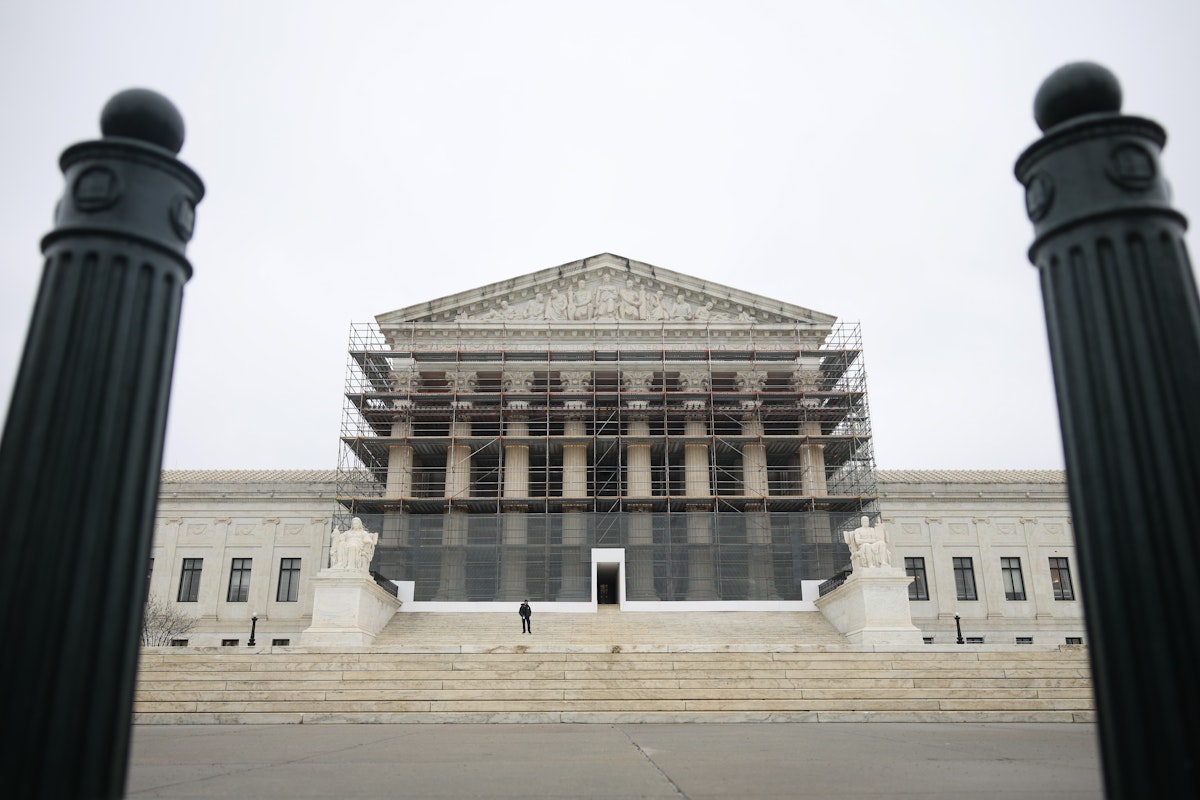
Why might a critical mass of the Supreme Court’s
conservative supermajority shrink from letting their ideology propel them to
broaden untrammeled presidential firing authority to multiheaded agencies? Two
potential reasons spring to mind: the real-world consequences of such an
extension and the doctrinal and empirical holes in the undergirding unitary
executive theory that scholars have exposed since Justice Antonin Scalia first
expounded the current version of that concept in 1988.
Of the two, the calamitous-consequences barrier, while as
yet only fleetingly acknowledged by the justices, is no doubt the most
daunting. In particular, two words give that prospect intimidating force. Those
words are the Fed. As legal scholar
Stephen Vladeck recently wrote,
“The not-very-well-kept secret is that the justices are (understandably) wary
about handing down a ruling that would allow any President, and perhaps this
one in particular, to exercise direct control over U.S. monetary policy by
controlling who sits on the Federal Reserve Board.” Since the original Framers’
establishment of the first and, especially, the second Bank of the United
States, a broad and bipartisan consensus has hardened, in the U.S. as well as
every industrialized nation, that an independent central bank with far-reaching
powers is essential to maintaining monetary stability and sustaining economic
growth.
Conservative legal experts with financial regulatory
expertise are well aware of the threat posed by subjecting the Fed to total
presidential control. Peter Wallison of the American Enterprise Institute,
otherwise a champion of judicially enforced controls on the “administrative
state,” nevertheless wrote,
on February 28 of this year, “Under no circumstances would it make sense as
public policy for the president to have the power to control the Fed.” To date,
no one has come up with a principled basis for distinguishing multimember
agencies like the NLRB or the Federal Trade Commission, or FTC,—which
conservatives would love to rein in—from the Fed, which they, along with the
corporate sectors with which they are often allied, fervently believe requires
independence. This poses a dilemma, since, as Wallison observed, “If the Court
concludes that the president can control a multi-headed independent agency,
there will be no Court-approved avenue that clearly makes the Fed immune from
presidential control.”





